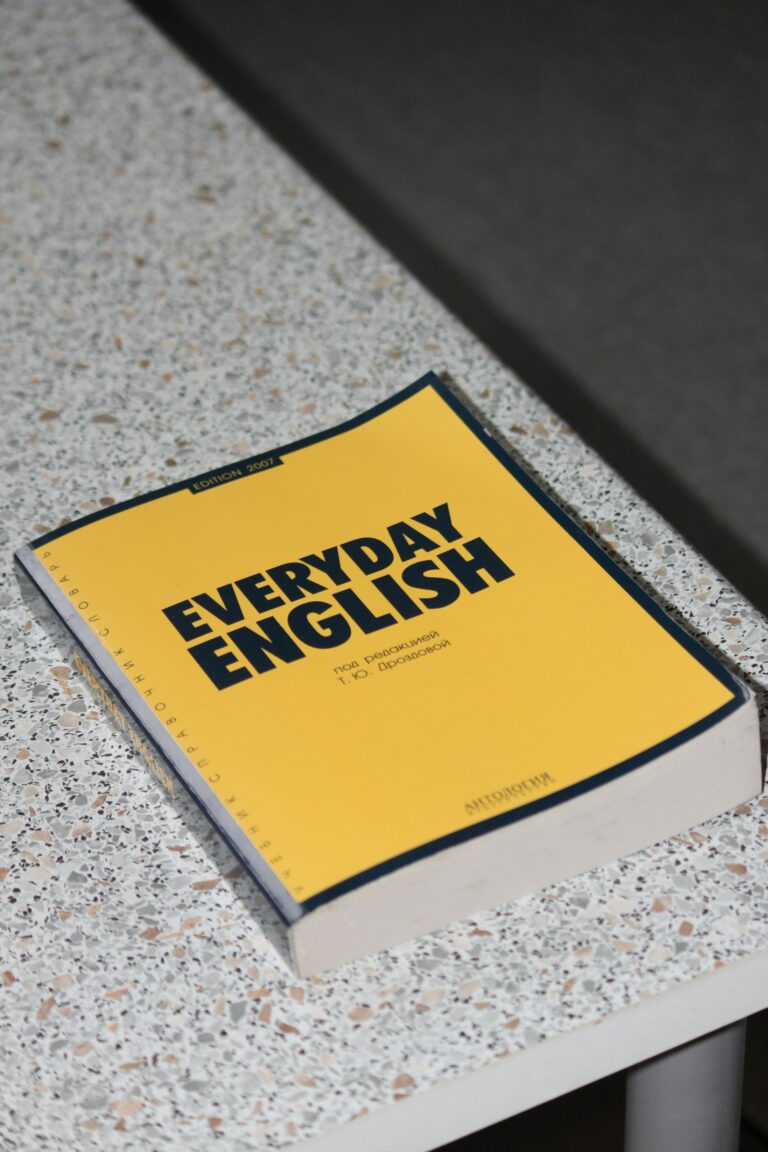Who needs the break

I grew up in a large family. I am the last of eight siblings. I can remember that when I was, maybe five or six years old, my siblings would host races in the front yard. They would allow me a head start of several meters, which gave me a pleasant feeling that I could win the race. I did not normally win, but it made me feel competitive. Having participated in a few track and field events in primary school I always wondered why all the participants in the 100 meter race all lined up at the same starting point, while in the two and four hundred meter races the starting points were staggered. At the time, I thought that the racers at the front of the line possessed an advantage over those behind. I did not quite appreciate that these different, but equitable, starting points ensured a fair race because the distance traversed was the same for all.
We live in a society that promotes equality, but considering everyone the same will not necessarily solve many of the problems we face. To ensure that everyone has the same opportunities means that you need to provide more support to those who require it so they can achieve their maximum potential. I grew up in an era in which a pass in the common entrance exam would be required if you were to attend high school. You would then be stratified to levels of prestigious schools based on your exam scores. If you were unsuccessful, you would be relegated to schools identified as “new secondary’ and all-age schools where the quality of education was sub-par to the traditional high schools. This approach was one which claimed that equal opportunity was provided to each student to attain a space in high schools. There was, however, no equity in the process because each student required different levels of support to succeed.
The equality and human rights commission describe equality as “ensuring that every individual has an equal opportunity to make the most of their lives and talents”, in other words equality means ensuring that everyone has the opportunities and receives the treatment and support needed. Equity, on the other hand, is about giving people what they need in order to make things fair. Many people fail to understand that injustice can be created or perpetuated when everyone is treated the same. This is not the same as equality nor is it inequality. It is providing more to those who require more, in proportion to their individual circumstances.
This prompts me to propose these questions: “Who needs the break? Who needs scholarships and grants the most? Is it the brilliant and wealthy or the student of the disadvantaged family in the community or the misguided average student who needs the support to get back on track? Every student’s story is unique, but the financial gap in paying for higher education is clearly apparent. By providing adequate scholarship assistance, we can enable worthy undergraduates to enter institutions of higher learning and pursue programmes that can propel them on the path of success. The support that these disadvantaged students receive from the community will instill a sense of ownership, and motivation to encourage them to make it through to the next level.
Before the controversial nature of this question on equality and equity takes hold, permit me to clarify. By providing equity to the disadvantaged students; I do not mean that you give less to the scholarly students who merit it, but provide more to those who need it so they can achieve their full potential; without which it would be almost impossible. Equity does not override equality, but rather provides the means to achieve this. Equality is undermined when equity is used incorrectly; it defeats its purpose when the needs of a group of people are not taken into account based on gender, race or their socioeconomic circumstances.
There are buzzwords that are being used today by organizations and governments, “diversity, equity and inclusion,” it is the term equity whose meaning is too frequently overlooked. It is critical that organizations, government and civil society begin engaging in a candid conversation about the difference between equality and equity. Equality and equity may be demonstrably different but are linked together. In order to facilitate genuine equality of opportunity, equity is needed to ensure that everyone receives the same chance of getting ahead. We must be guarded when dealing with equity, providing too little to those who need it and too much to those who do not can further aggravate the inequality we see in today’s society. If equality is the destination, equity is the vehicle to get there.
Fernon Wilson is a Jamaican born educator working in Toronto, Canada.






